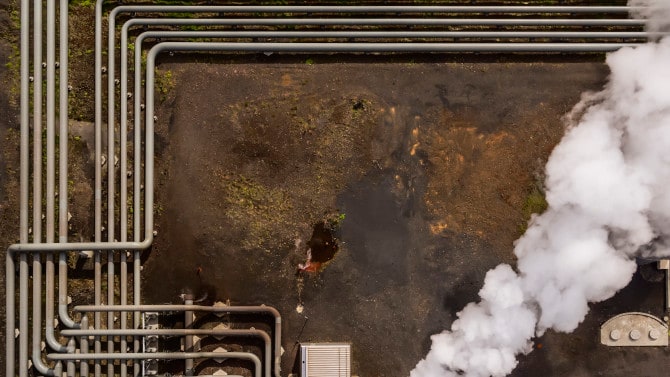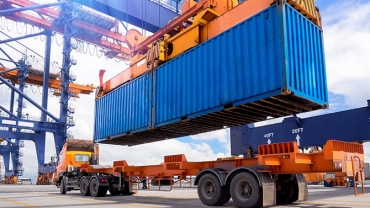
Non-preferential origin of steel pipes
06/12/23
On 21 September 2023, the Court of Justice of the EU (‘CJEU’) decided that the rules for conferring the non-preferential origin in the last processing country for steel pipes of subheading 7304 41 may be invalid, as a result of which these steel pipes can obtain the non-preferential origin of a country not subject to anti-dumping duties.

What does this mean for your business?
The practical implications are that if a company is importing goods falling within subheading 7304 41, there is no longer a distinction between hollow profiles versus tubes or pipes. When more than one country is involved and the products are produced in the last country via cold drawn or cold rolled process, these goods acquire the non-preferential origin of the country where these cold forming operations took place for which no anti-dumping duties apply. From a legal perspective this means that the EU Commission exceeded its mandate while drafting the legislation. It is good to realise that this is also possible and as such always also take the main rule of last substantial processing into consideration.
Background to the case
Stappert Deutschland GmbH ('Stappert') has applied for a binding origin information ('BOI decision') from the customs office in Germany to import seamless tubes and pipes of HS subheading 7304 41. First, in China, solid steel is plastically deformed by hot forming, resulting in a semi-finished product with HS subheading 7304 49. These semi-finished products are transported to South Korea, where the semi-finished products are cold-rolled and drawn to form pipes of subheading 7304 41. According to Stappert, South Korea is the country of non-preferential origin based on Article 60(2) of the Union Customs Code. However, the customs office argued that China is the country of origin based on the primary rule and issued the BOI accordingly. As a result of which the antidumping duties for products originating in China applies. Stappert appeals against this decision, but this objection is also rejected. Ultimately, this case ended up in the German court.
Judgement
According to the primary rule, the cold forming of hollow profiles from subheading 7304 49 to subheading 7304 41 is classified as a substantial change because it produces irreversible changes in the properties of the goods. As a result, it originates in the country where the changes take place. On the contrary, the cold forming of tubes and pipes does not determine the origin of the goods. According to the CJEU, the concept of hollow profile has no bearing on the interpretation of the primary rule, which means that there should be no distinction between hollow profiles and tubes or pipes. In addition, the CJEU concludes that the primary rule is invalid, because the primary rule excludes the change in the “tariff heading” as a result of processing the tubes or pipes from HS subheading 7304 49 to HS subheading 7304 41.
How can we help?
The subject of non-preferential origin is a complicated subject both in practice and in contact with customs authorities. Classifying goods or applying for a BOI decision, for example, can be time-consuming and difficult. We are happy to support you with the legal process.
Related Content


CBAM reporting: portal live and background information
The EU CBAM reporting portal is now live. In this article you find relevant and concrete information for your reporting.

Extended producer responsibility for the textiles industry
Producers and importers placing textile products on the Dutch market for the first time will be responsible for the collection, recycling and reuse of textiles.

Amendments RETT exemption share/participation transactions
Newly proposed RETT legislation on the acquisition of shares in real estate rich entities with new properties.
Contact us
















